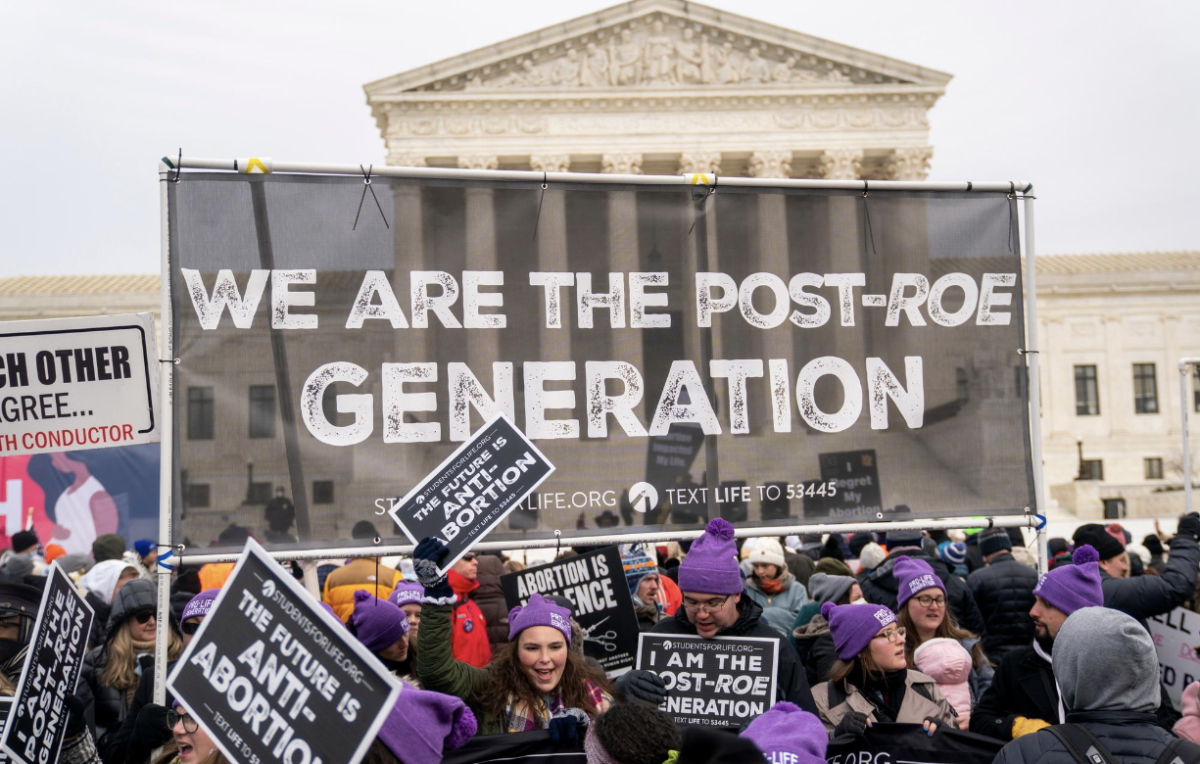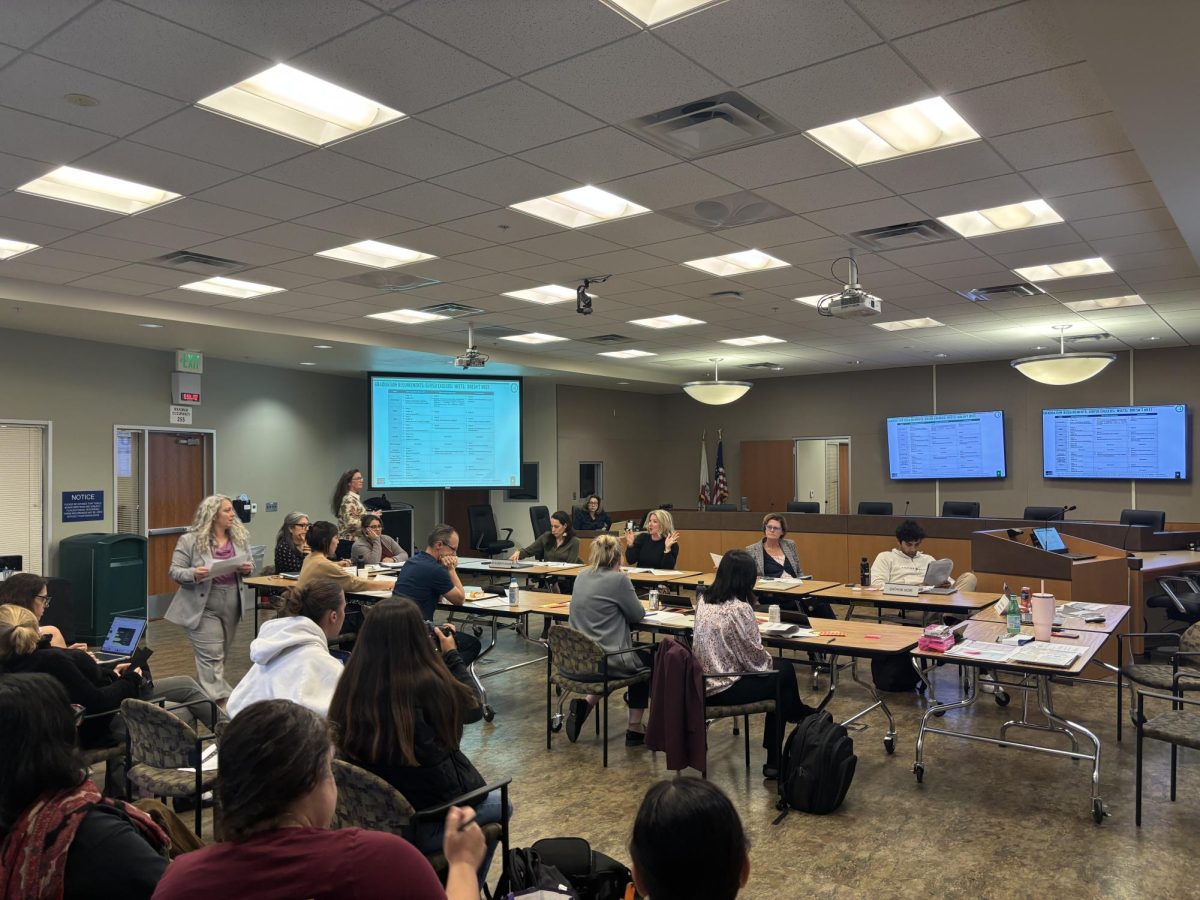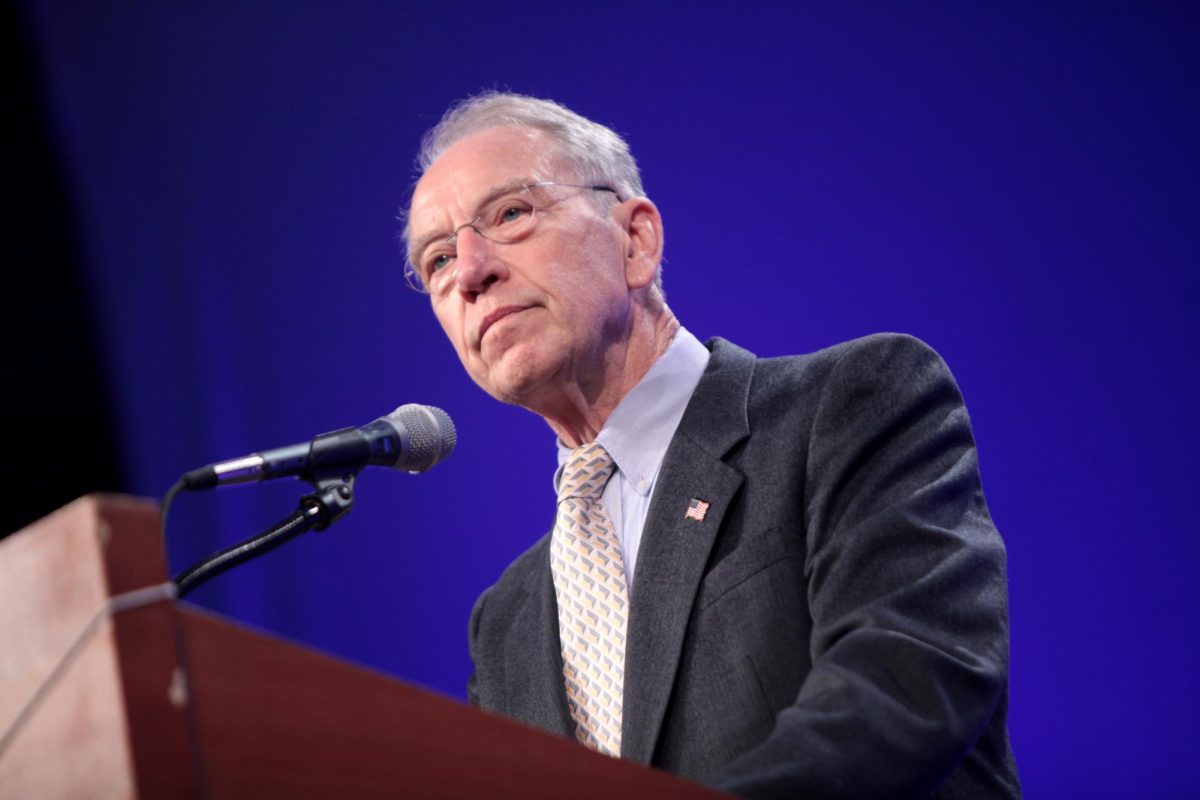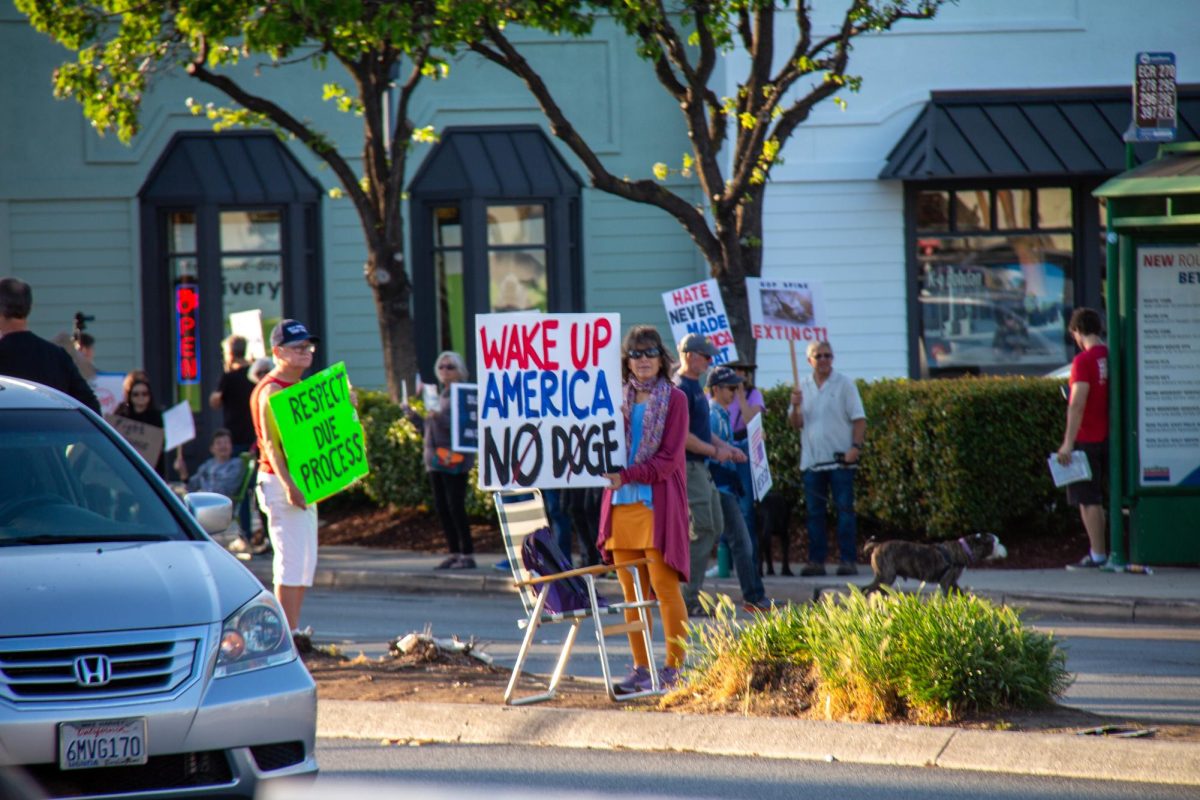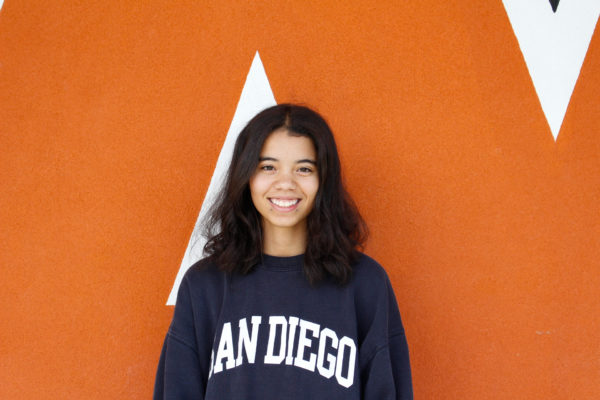With the overturn of Roe v. Wade leaving the right to abortion in the hands of the state governments, many students are facing a new layer of complications when applying to colleges.
On June 24th, 2022, Roe v. Wade, which gave the states the right to make restrictions on abortions, was overturned by the Supreme Court. As a result, 14 states including Idaho, North and South Dakota, Wisconsin, Missouri, Kentucky, Tennessee, Arkansas, Oklahoma, Texas, Louisiana, Alabama, and West Virginia have completely banned access to legal abortion. Georgia has implemented a 6-week ban restriction. These newly enforced restrictions on abortion create limitations on students’ potential college choices.
“I think it probably would make me not want to go to school as much in somewhere like the South or [somewhere] where [abortion is] heavily restricted, such as Missouri or Alabama,” sophomore Aurora Silberman said.
Many students were already reluctant to go to colleges that are in conservative areas.
“I wasn’t planning on going to a more conservative area in the first place because I feel like politics actually determine a lot of people’s college choices today,” junior Alya Madhani said.
Now, with the advent of potential limitations to accessible abortion, opinions about colleges in conservative areas are being reinforced. Along with this, barriers between different groups of people are starting to form because many are hesitant to leave their state.
“I think it just reinforced my opinion that I don’t want to go to a more conservative state, which is again, unfortunate because I do believe that in these places, it’s important to get another person’s perspective. Madhani said. “But, when safety is in danger, I feel like that’s a problem. And it’s definitely restricting where I want to go to college.”
California’s protection of the right to have a safe and easily accessible abortion has made a lot of students inclined to attend an in-state college. However, those deciding to potentially attend an out-of-state college are imaginably conducting more research into different areas in different states they are interested in.
“As a woman, I feel safe in California. I know the laws here will likely not change,” junior Maya Wik said. “But if I were to apply to schools out of state, it would require a lot more research into things that I didn’t even have to consider before, like if I can actually have autonomy over my own body.”
Yet there are still many students who don’t hold the same privileges because they are potentially stuck in a state with high abortion restrictive laws. Jadyn Ammons, who is currently a senior at Nease High School, lives in Florida where there is currently a 15-week abortion ban that might possibly be restricted even more to a potential 6-week abortion ban. When looking for possible colleges, Ammons finds herself with limited options.
“It makes me want to skip town but out-of-state tuition is so high that you know the whole skip town thing may not work out,” Ammons said.
Some students might even be faced with the challenge of making a decision between leaving their hometown, which can now have limitations to their right to abortion, or applying to out-of-state colleges.
“Sometimes people don’t want to leave the place they grew up in,” Madhani said. “So I would imagine that makes it pretty hard.”
Overall, restrictions inflicted upon abortion rights have severely impacted the view of many when considering what colleges they want to apply to.
“Women literally can’t decide what to do with their own bodies anymore,” Wik said. “And I don’t understand how people can see it as anything but that.”


